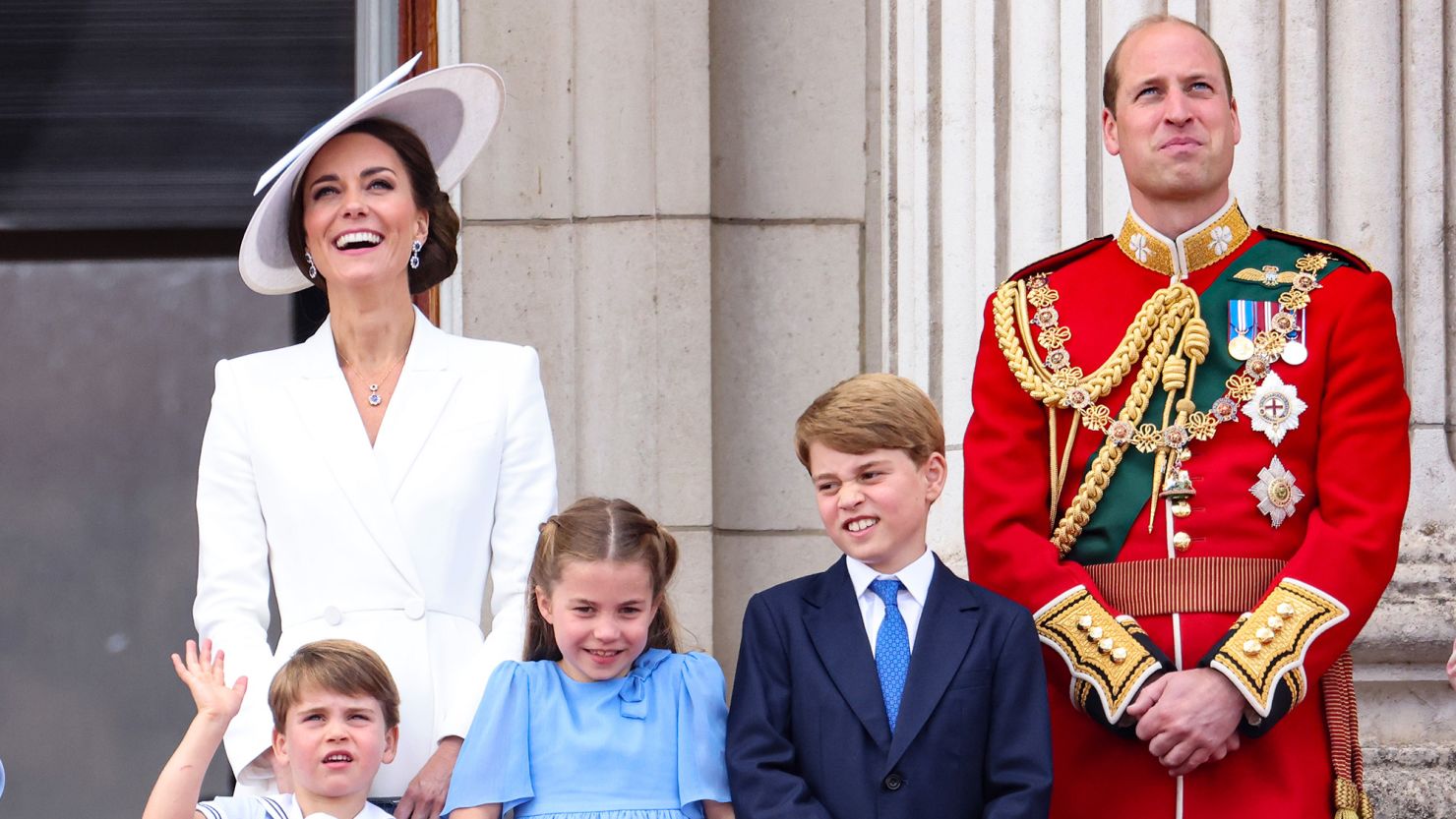In a renewed debate over the financial implications of the British monarchy, anti-monarchist group Republic has revealed what it calls the true cost of maintaining the Royal Family, amounting to £510 million per year. This figure is nearly six times higher than the official annual funding of £86 million provided through the Sovereign Grant, sparking fresh calls for greater transparency and accountability regarding royal finances.
The Sovereign Grant, which covers expenses such as staff salaries, royal travel, and the upkeep of historic royal residences, has long been a point of contention. However, Republic asserts that it only scratches the surface of the monarchy’s overall financial burden. One significant aspect that the group claims is overlooked is the cost of royal security. Based on media reports, Republic estimates the security expenditure alone to be around £150 million annually, a figure it argues should be made publicly available by the government.
Sir Michael Stevens, the Keeper of the Privy Purse responsible for overseeing the finances of King Charles III, has previously addressed concerns about the cost of the monarchy, emphasizing a commitment to “delivering value for money” for taxpayers. Despite this, Republic’s Graham Smith, chief executive of the group, remains unconvinced. He questioned how the government can justify such expenditure in a time of austerity, when public services are being cut back. “We’re talking about slashing support for vulnerable citizens, like the winter fuel allowance, while spending hundreds of millions on the Royal Family,” Smith stated.
Republic’s £510 million estimate not only includes security costs but also accounts for what the group calls “lost potential revenue.” According to their calculations, royal residences such as Buckingham Palace and Windsor Castle could generate £96 million in commercial revenue if they were used more extensively for public and commercial purposes. Moreover, Republic argues that the Duchies of Lancaster and Cornwall, property businesses that fund the personal incomes of the King and the Prince of Wales, should be paying into the public purse rather than being reserved for the royals. They claim that this could save the taxpayer an additional £99 million every year.
For Republic, the current funding structure represents what they describe as an “opaque and secretive system” that unfairly burdens the public. The group has called for drastic reforms, suggesting that the annual running costs of a head of state should be capped at £5 million to £10 million, with the King’s salary set at £189,000—equivalent to that of the prime minister.
Buckingham Palace has declined to comment on Republic’s claims. However, according to the latest Sovereign Grant report published in July, state funding for the Royal Household will remain at £86.3 million for the upcoming financial year. A significant rise to £132 million is forecasted for 2025-26, largely driven by increased profits from Crown Estate ventures, particularly in the offshore wind sector.
Sir Michael Stevens pointed out earlier this year that, despite these increases, the Sovereign Grant has not risen for the past three years, even amid inflation and the added costs that followed the transition from Queen Elizabeth II to King Charles III. He reiterated the Royal Household’s commitment to ensuring that the Royal Family provides good value for money in serving the nation.
While critics of the monarchy argue that its financial burden is unsustainable, supporters point to the economic benefits that the Royal Family brings to the UK. These benefits include boosting tourism, especially from international visitors drawn to royal landmarks, and enhancing trade relations with other countries. According to a YouGov poll conducted in August, 55% of respondents believe that the monarchy represents good value for money, while 30% disagree. However, a closer look at the poll reveals significant generational divides. While older citizens tend to view the monarchy favorably, younger generations are more skeptical, with many questioning the relevance of such an institution in modern Britain. As public discourse continues, the future of the monarchy’s role—and its financial cost—remains a deeply divisive issue.








